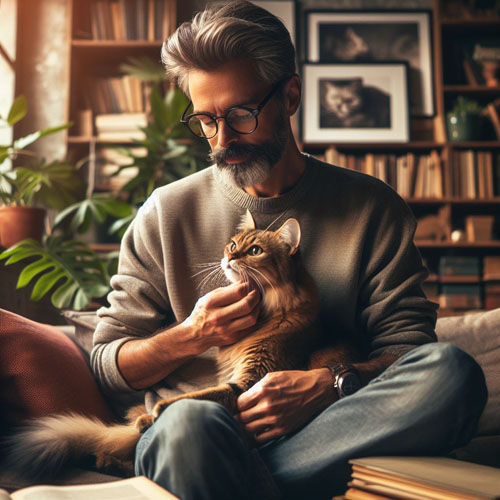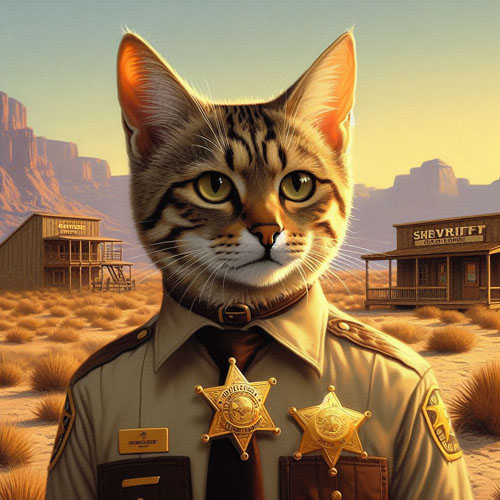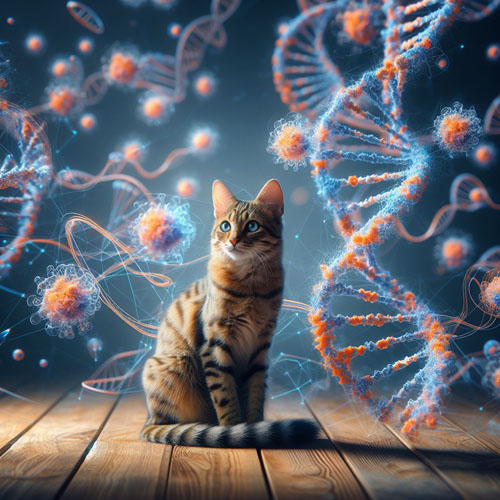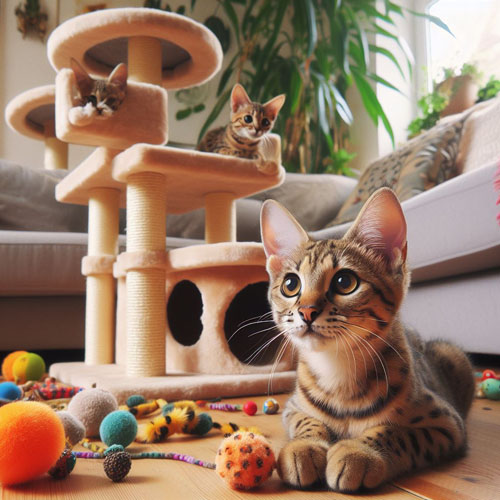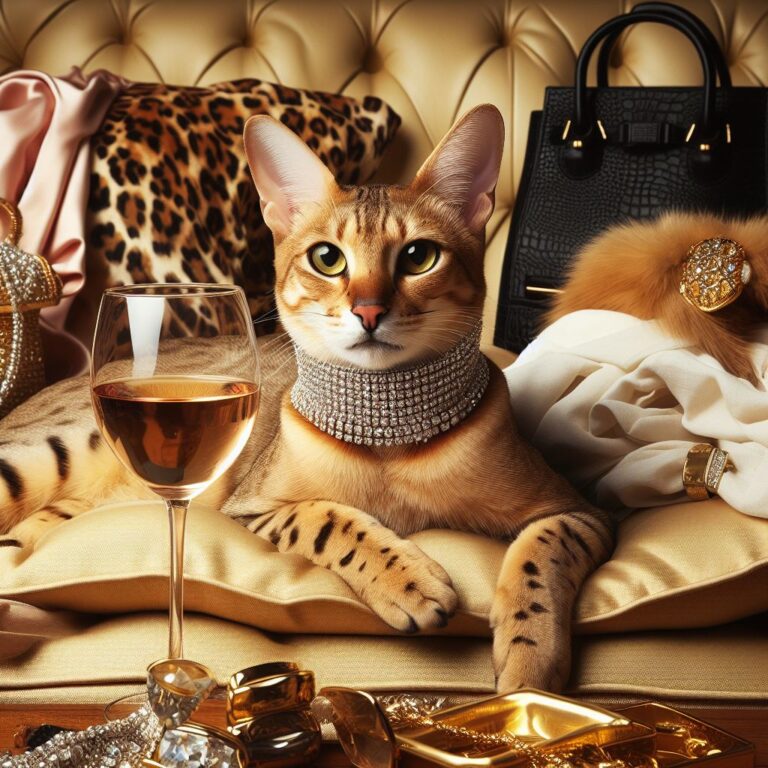Do Savannah Cats make good pets
Savannah Cats possess stunning and remarkable feline characteristics, making them a sight to behold. They are known to be more sizable than typical house cats and exhibit high levels of energy and athleticism. Despite their recent lineage from wild cats, they have become increasingly popular, with some famous individuals like Justin Bieber owning them. However, the question remains whether they are truly fitting as pets, adapting well to our contemporary lifestyles and surroundings. Ownership: It’s important to note that the ownership of Savannah Cats could be subject to local regulations and restrictions in some areas.
Due to their wild ancestral connections, some jurisdictions may require special permits or have limitations on owning these exotic cat breeds. Please check your state and local county laws.
What is a Savannah Cat: The Savannah Cat is a relatively new breed that emerged in the 1980s within the United States. This breed was created by crossing a Serval cat, known for its striking markings and wild African origins, with a domestic cat. Over the past four decades, Savannah Cats have gained immense popularity, particularly in the USA. The classification of Savannah Cats is based on the number of generations they are removed from their wild Serval cat ancestor. F1 Savannah’s, being the closest to a wild cat, have one Serval cat parent and one domestic cat parent. They are known for their large size and high activity levels, making them more challenging to domesticate. On the other hand, an F2 Savannah Cat has a Serval grandparent, while an F3 has a Serval great-grandparent, and so forth. The earlier crosses, such as F1 and F2, tend to be larger and exhibit more “wild” characteristics compared to the subsequent generations (F3 and below), which have diluted Serval cat genes. It is worth noting that owning an F1 Savannah Cat in the U.K. requires a Dangerous Wild Animals License.
Savannah Cat appearance: Savannah Cats are quite distinct in their appearance. Depending on their generation and lineage, Savannah Cats can grow anywhere from medium-sized to quite large. These cats are known to be larger than the average domestic cats. They are known for their tall, lean, athletic build with long limbs and long necks. They possess large, upright ears and round eyes that give them a graceful and alert look. Their coat colors range from tawny to black, and they have a striking spotted pattern. Other colors include Black, Black Smoke, and Silver.
Temperament: These felines can form strong bonds with their human companions and are known to be quite affectionate. Savannah’s have a closer genetic connection to their wild ancestors compared to most domestic cats. They are often described as energetic, curious, and highly intelligent. As a result, they have a requirement for mental and physical stimulation. Due to their activity level, they need ample space and entertainment to prevent chaos. They have a playful and active nature, often enjoying interactive toys and games. These active cats can become bored if not given enough room and activity, which can lead to destructive and aggressive behaviors. Additionally, they have a fondness for climbing. While not your typical lap cat, Savannah’s can be sociable and affectionate if they develop social bonds with humans. This largely depends on whether their extensive needs are met and if they were properly socialized as kittens. This sociability is more commonly observed in filial designations of F4 and below. However, they are highly territorial and can display extreme aggression towards other cats. Their strong prey drive also makes it challenging to keep them with other pets, particularly small mammals.
Requirements within the household environment: Savannah Cats are a breed that can be large and energetic pets that have specific requirements. These elegant felines need plenty of physical and mental stimulation. They should have access to outdoor space, engaging in hunting and chasing games to satisfy their natural prey drive. Additionally, they require opportunities to climb, jump, and run. If kept indoors, they will need various forms of enrichment, such as cat trees, high perches, puzzle games, and practice sessions for chasing.
These cats are sociable, intelligent, and active, requiring a significant amount of time and attention. They cannot be left alone without proper preparation, environmental enrichment, and mental stimulation for long periods of time.
Keywords: Savannah Cats, Pets, Pet Ownership, Cat Breeds, Animal Companionship
